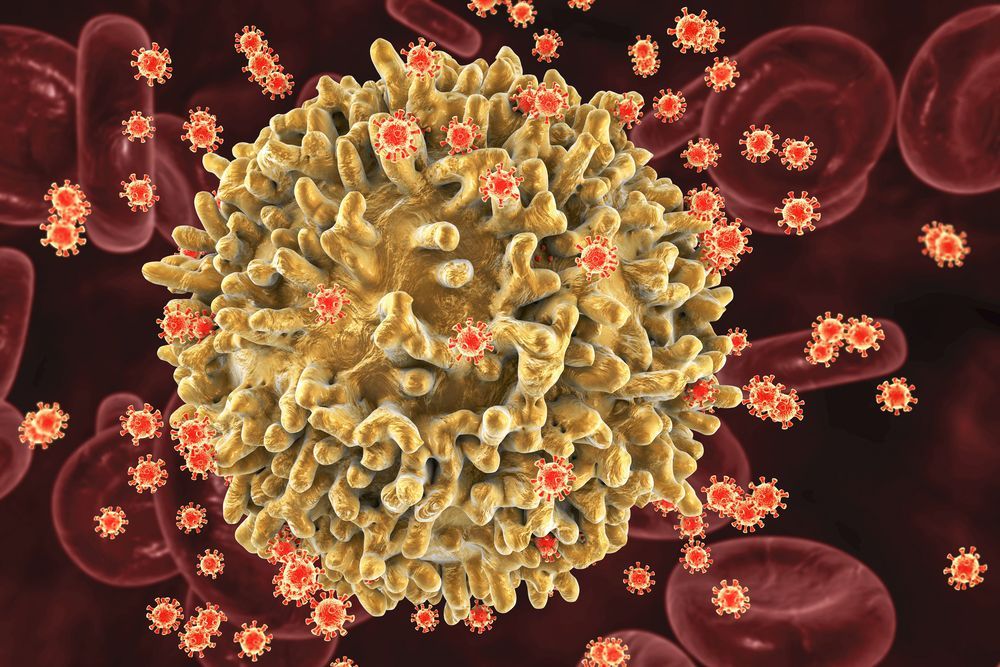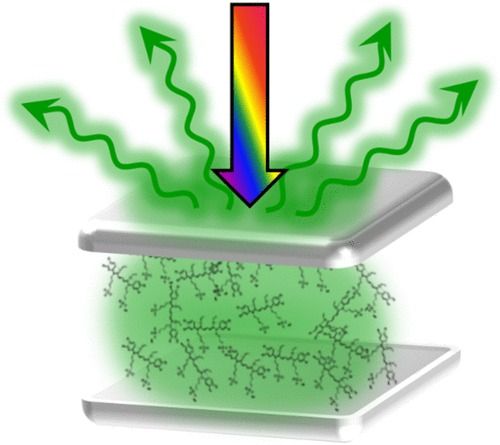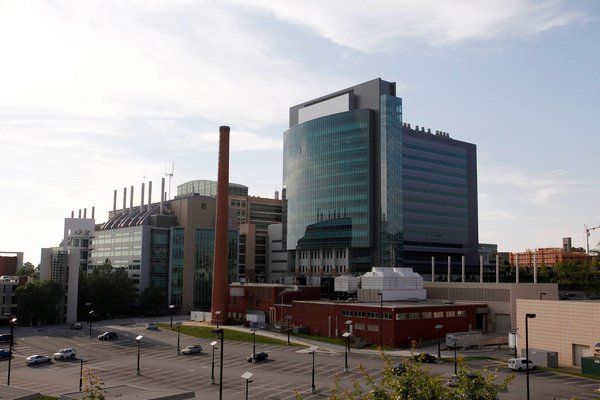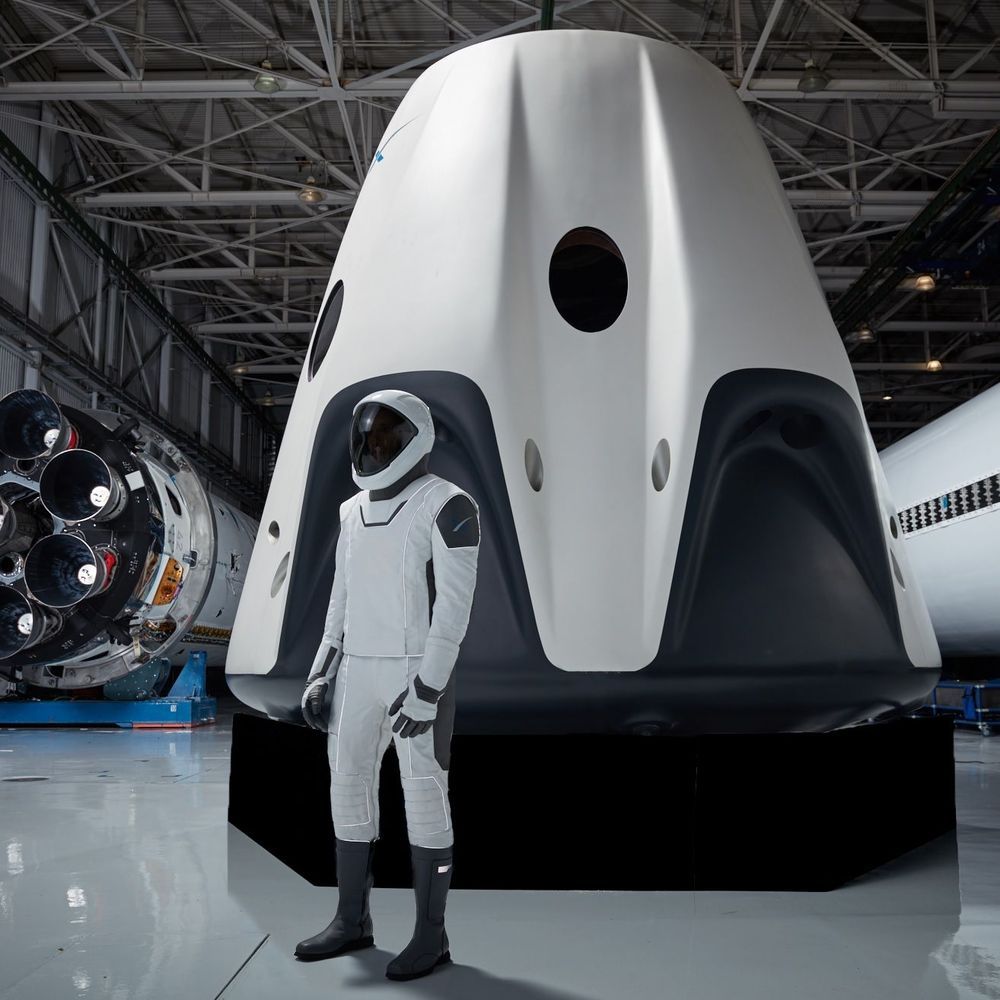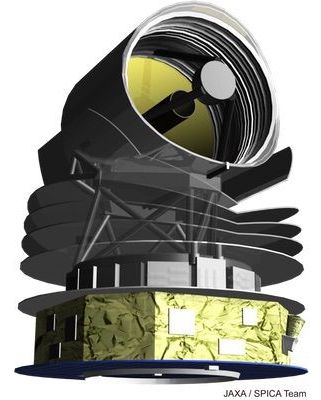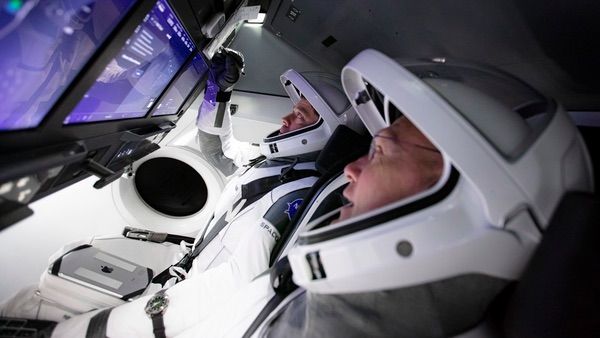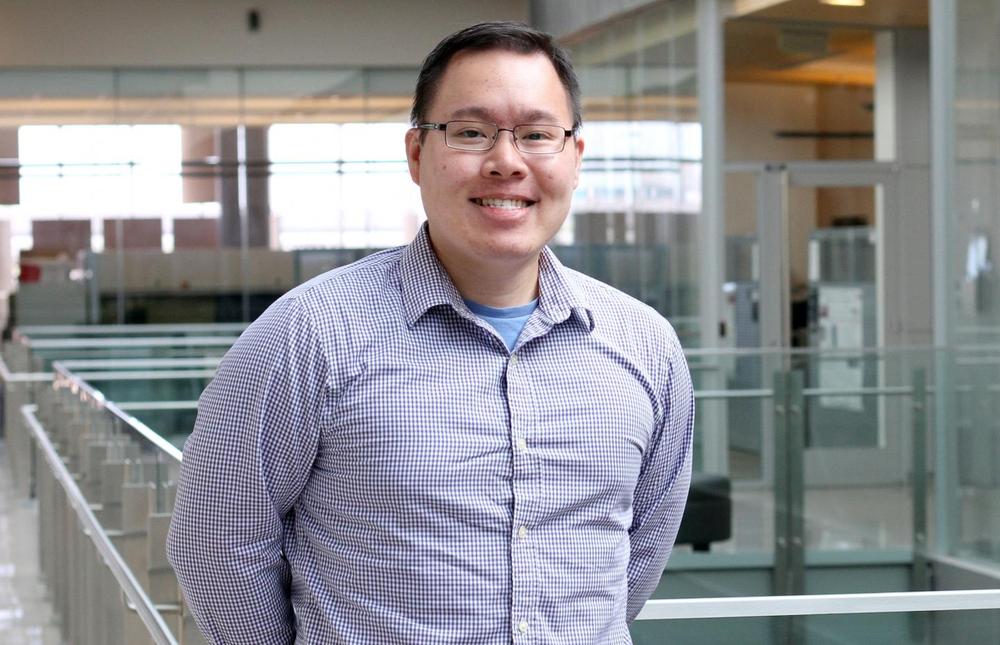COVID-19’s genes are encoded in RNA instead of DNA. COVID-19 uses reverse transcriptase to transform its single-stranded RNA into double-stranded DNA. It is DNA that stores the genome of human cells and cells from other higher life forms. Once transformed from RNA to DNA, the new COVID-19 DNA can be integrated into the genome of the infected cells. When the DNA versions of the retroviral genes have been incorporated into the genome, the cell then is tricked into copying those genes as part of its normal replication process and making millions of COVID-19 cells… In other words, the cell does the work of the virus for it.
That’s why it was necessary to upgrade Stem Cell Neurotherapy for COVID-19 by adding T-Cells, B-Cells, and Natural Killer Cells to the arsenal. It was not enough to just regenerate new lung cells to replace the lung cells infected by COVID-19, but the COVID-19 Virus Cells had to be attacked and destroyed, and its RNA single strand had to be unraveled, in order to prevent them from invading and infecting the newly regenerated lung cells.
A retrovirus is a virus whose genes are encoded in RNA, and, using an enzyme called reverse transcriptase, replicates itself by first reverse-coding its genes into the DNA of the cells it infects. Like other viruses, retroviruses need to use the cellular machinery of the organisms they infect to make copies of themselves. However, infection by a retrovirus requires an additional step. The retrovirus genome needs to be reverse-transcribed into DNA before it can be copied in the usual way. The enzyme that does this backward transcription is known as reverse transcriptase.
Retroviruses use reverse transcriptase to transform their single-stranded RNA into double-stranded DNA. It is DNA that stores the genome of human cells and cells from other higher life forms. Once transformed from RNA to DNA, the viral DNA can be integrated into the genome of the infected cells. When the DNA versions of the retroviral genes have been incorporated into the genome, the cell then is tricked into copying those genes as part of its normal replication process. In other words, the cell does the work of the virus for it.
Retroviruses are “retro” because they reverse the direction of the normal gene copying process. Usually, cells convert DNA into RNA so that it can be made into proteins. But with retroviruses, the process has to start by going backward. First, the viral RNA is transformed into DNA. Then the cell can copy the DNA. The cell can also transcribe the DNA back into RNA as the first step in making viral proteins.
